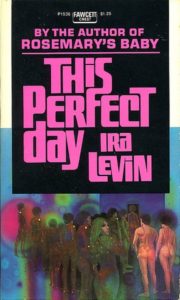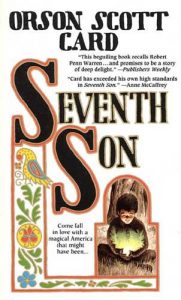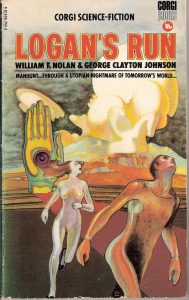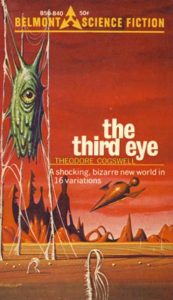16/03/2020 by axonite

Firstly (and most importantly) answer the question. You have been told repeatedly to do this – and yet the majority are still in the habit of ignoring it! It is not rocket science. In fact, it is the same the question every time! It will always ask you “how” a writer achieves his/her effects. It will not ask you to explain what the words mean. You must talk about techniques.
Take one technique for each topic paragraph. Extrapolate upon it. State clearly what/how/why.
There are no extra points available for writing about things that are irrelevant. Only answer the question.
Stop using the word “vivid” (even if it appears in the question). It does not mean the same as ‘descriptive’ nor ‘evocative.’
Look at the title. First think of the literal meaning before thinking of any possible figurative application and possible implications. Here, the title “Follower” literally means someone who walks about following someone else. It also suggests one who wishes to emulate and/or venerates another. It may even suggest a disciple.
As you read the poem it should become quickly apparent that the words demonstrate just this sense encapsulated in the title – that the son ‘followed’ his father. He expresses how, as a clumsy small child, he idolised his father (both literally around the farm and figuratively as his most ardent fan). The father is described as “an expert” who worked with skill (“mapping the furrow exactly”) and verve (“…with a single pluck”). He was a powerful giant of a man whose strength was seemingly that of Atlas (“His shoulders globed…”), whereas the child felt inept (“I stumbled…a nuisance…yapping…”). Heaney contrasts the two to communicate the shame and inferiority that he felt at the time. However, now, with the passing of years, an ironic reversal has occurred – now, as a famous poet, Heaney finds that it is his father who ‘follows’ him. The last two lines seem very harsh as Heaney says that his father is the one who ‘stumbles’ (presumably making mistakes and possibly being the embarrassment now) and “will not go away.” The venerated and the follower have switched places – but Heaney (the ‘voice’ of the poem not necessarily being exactly the same as the poet himself) appears to accept the situation with far less grace than his father before him.
Category Exams, IGCSE, Poetry, Study Skills | Tags: exams,igcse,poetry,unseen | No Comments











































